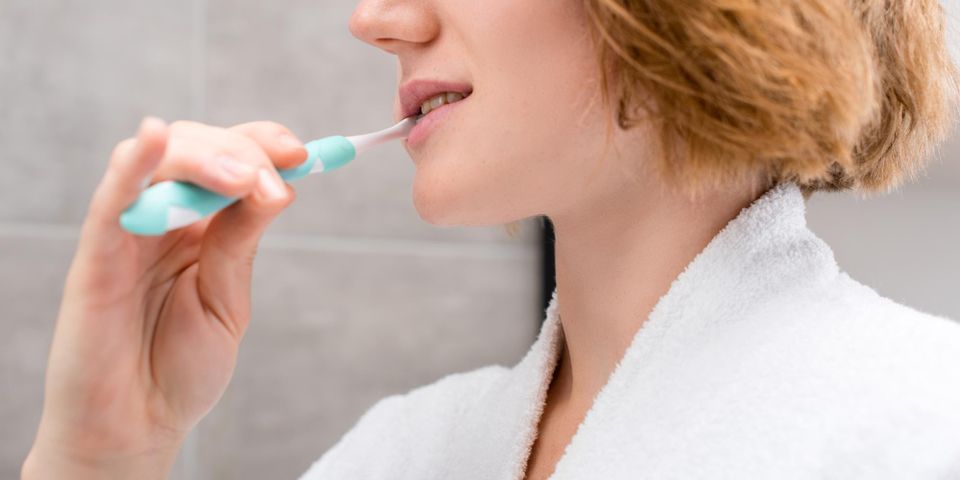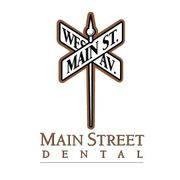
Every day, teeth cleaning plays a major role in your morning and evening routine. In fact, you probably can’t enjoy breakfast or drift off to sleep if your mouth feels unclean. However, because you brush your teeth so frequently, it’s crucial to pay attention to the hardness of your toothbrush bristles. To ensure you’re cleaning adequately without damaging your gumline, use the following guide to get informed.
How Soft Should Toothbrush Bristles Be?
These days, many toothbrush manufacturers have removed hard bristles from the shelves—as they’re more appropriate for cleaning tile grout than your sensitive pearly whites. In fact, the next time you go to the pharmacy, you’ll probably only find extra soft, soft, and medium bristles. While every smile is different, most dentists recommend purchasing “soft” toothbrushes instead of those marked “medium.” However, if you are prone to enamel erosion or have sensitive teeth and gums, you might want to downgrade to “extra-soft” for everyday teeth cleaning.
Why Are Hard Bristles Bad for Your Dental Health?
 When you rub stiff, sharp bristles across your teeth, the abrasive ends will scratch away enamel—the protective coating on the outside of your teeth. This means your teeth will be more sensitive to temperature and acid, so it will be painful to drink a cold glass of lemonade or hot soup. It also means your teeth will be less sheltered from bacteria, which produces acid in combination with plaque and results in tooth decay. The hard bristles could also tear the soft tissues in your mouth, such as your gums, increasing the risk of periodontal disease and sensitivity. Eventually, your teeth cleaning habits could cause your gums to recede, reducing their hold on your teeth and leaving you prone to tooth loss.
When you rub stiff, sharp bristles across your teeth, the abrasive ends will scratch away enamel—the protective coating on the outside of your teeth. This means your teeth will be more sensitive to temperature and acid, so it will be painful to drink a cold glass of lemonade or hot soup. It also means your teeth will be less sheltered from bacteria, which produces acid in combination with plaque and results in tooth decay. The hard bristles could also tear the soft tissues in your mouth, such as your gums, increasing the risk of periodontal disease and sensitivity. Eventually, your teeth cleaning habits could cause your gums to recede, reducing their hold on your teeth and leaving you prone to tooth loss.
If you’re worried about the condition of your teeth after years of using the wrong toothbrush, head to Main Street Dental in La Crosse, WI. They have over 30 years of experience helping patients improve their oral health. With their preventive and restorative methods, you can solve existing decay and prevent it from returning in the future. To schedule your appointment for a routine teeth cleaning, call Dr. Kujak at (608) 784-4063 today. You can also visit their website for more information on their services.
About the Business
Have a question? Ask the experts!
Send your question

